Need advice for pest control for roses
rochesterroseman
14 years ago
Related Stories
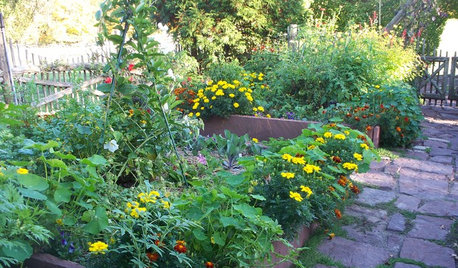
GARDENING GUIDESOrganic Matters: Thwart Insect Pests With Trap Crops
Add a few sacrificial plants to your garden to lure insects away from the harvest
Full Story
WINTER GARDENINGPruning Secrets for Exquisite Roses
Encourage gorgeous blooms year after year with this time-tested advice on how to prune your rosebush in winter for health and shape
Full Story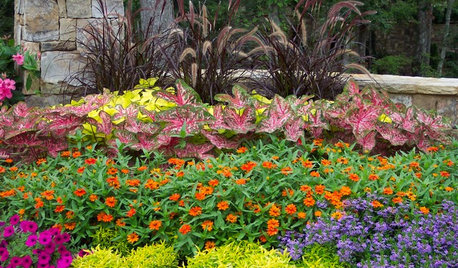
GARDENING GUIDESTexas Gardener: What to Do in July
Beat the heat with sun-loving blooms, pest control, good lawn care and sun protection. Pick up the pace for planting and planning
Full Story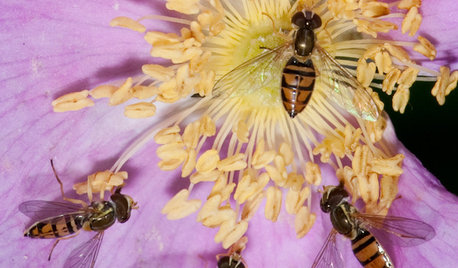
GARDENING GUIDESThis Fly Is One of the Most Beneficial Insects Around
Meet the syrphid fly, a colorful pollinator that also beats chemicals for controlling aphids and other garden pests
Full Story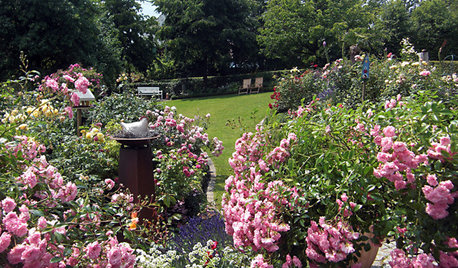
GARDENING GUIDES5 Sweet to Spirited Pink Roses for an Enchanting Garden
Whether you go demure or daring, there's a pink rose here to make you flush with garden pride
Full Story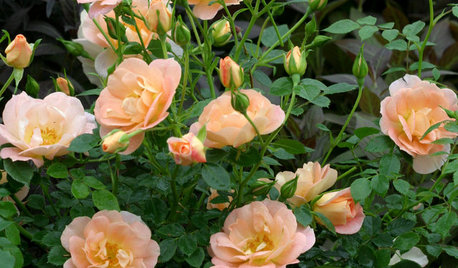
GARDENING GUIDES6 Wonderfully Easy Roses for Any Gardener
Look like an expert even if you're just starting out, with these low-maintenance gems of the rose world
Full Story
INSPIRING GARDENSFrom Concrete Lot to Gracious Organic Garden in Seattle
Plants, pests and even weeds have a place in this landscape, which offers an edible bounty and a feast for the eyes
Full Story
EDIBLE GARDENSGarden BFFs? Why Your Vegetables Are Begging for Companion Plants
Foster friendships among plants for protection from pests, pollination support and color camaraderie
Full Story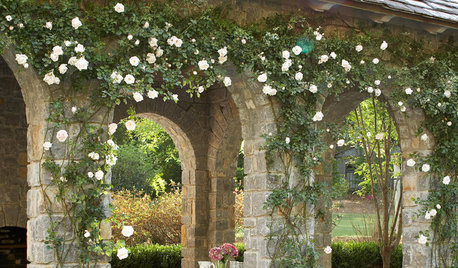
GARDENING GUIDESGreat Design Plant: Rosa Banksiae a Low-Maintenance Beauty
This thornless, disease- and insect-resistant rose brings showers of white or yellow flowers to the spring garden
Full Story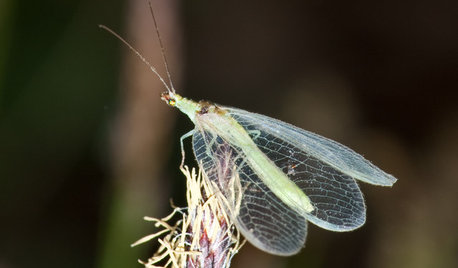
GARDENING GUIDESLook Out for Lacewings: Beneficial Insects Coming to a Garden Near You
Lacewings are delicate insects that produce alligator-like, hungry offspring that devour aphids and other garden pests
Full Story






Kimmsr
rhizo_1 (North AL) zone 7
Related Professionals
Leawood Landscape Architects & Landscape Designers · Paradise Landscape Architects & Landscape Designers · Finneytown Landscape Architects & Landscape Designers · Dallas Landscape Contractors · Deer Park Landscape Contractors · Mesa Landscape Contractors · Northbridge Landscape Contractors · Oakland Landscape Contractors · Waldorf Landscape Contractors · Brookhaven Outdoor Lighting & Audio Visual Systems · Ankeny Decks, Patios & Outdoor Enclosures · Aventura Decks, Patios & Outdoor Enclosures · Grand Rapids Decks, Patios & Outdoor Enclosures · Rogers Decks, Patios & Outdoor Enclosures · Tysons Corner Stone, Pavers & ConcreterochesterrosemanOriginal Author
rhizo_1 (North AL) zone 7
rochesterrosemanOriginal Author
Kimmsr
rhizo_1 (North AL) zone 7
gardengal48 (PNW Z8/9)
Kimmsr
gardengal48 (PNW Z8/9)
dchall_san_antonio
bebebzzz